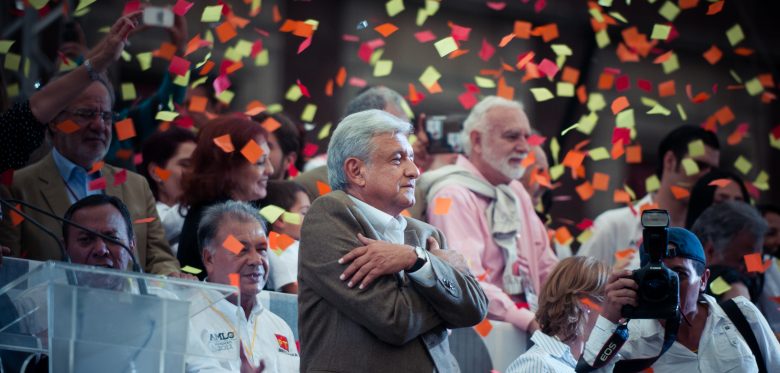Costa Rica’s 2022 national election saw a historically low voter turnout, indicative of a populace wrestling with ambivalence towards democracy. Legislative fragmentation persisted, with President Chaves’ Social Democratic Progress Party (PPSD) holding a minority position. The PPSD adopted unconventional campaign structures, as Chaves employed populist tactics, posing a threat to the separation of powers and freedom of the press.
Costa Rica faces enduring challenges of persistent poverty and inequality, further amplified by the impact of the COVID-19 pandemic despite significant social spending. Although the country has witnessed economic growth, it has not yet reached pre-pandemic GDP levels. Ongoing issues encompass a two-tier labor market and deficiencies in education, notably characterized by high dropout rates.
Costa Rica’s 2023-2026 development plan focuses on addressing the economic and social repercussions of the COVID-19 pandemic, along with advancing fiscal sustainability and bolstering macroeconomic stability. However, the presence of political, bureaucratic and financial obstacles poses challenges. Implementing administrative reforms is crucial to overcome these structural limitations to enhance the state’s execution and implementation capabilities.
